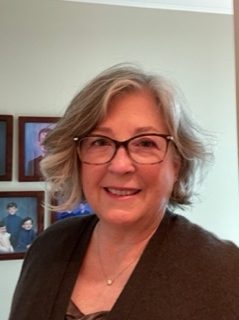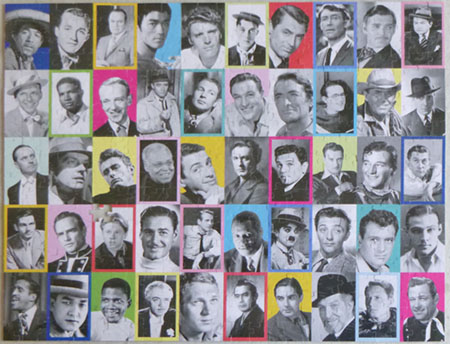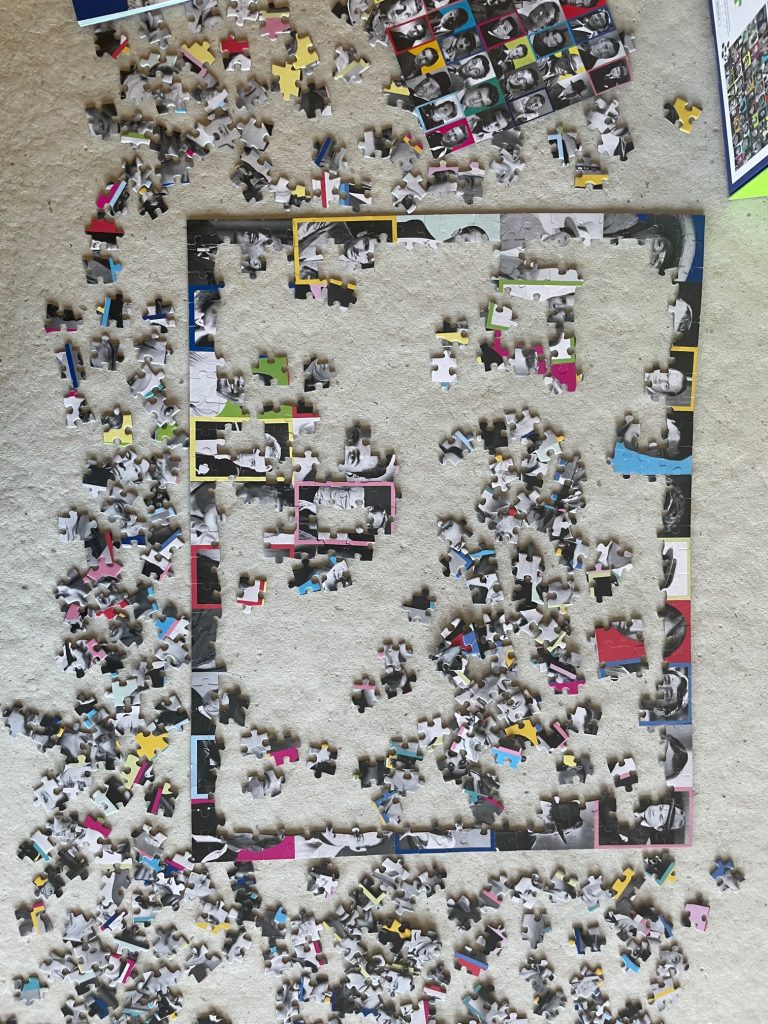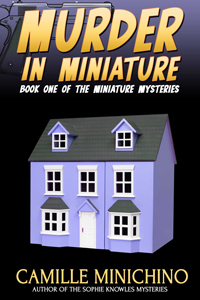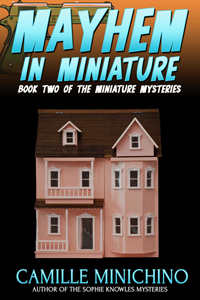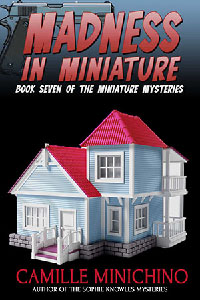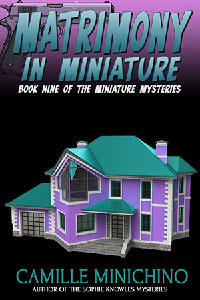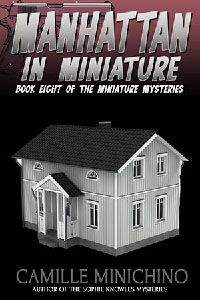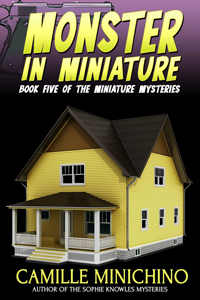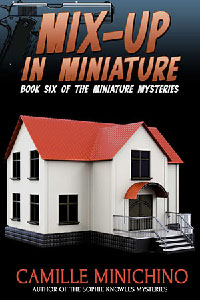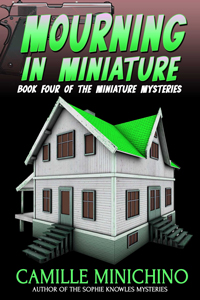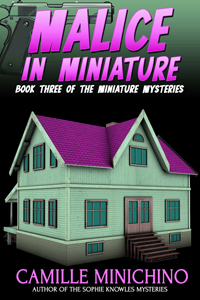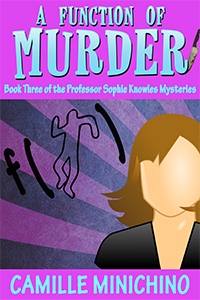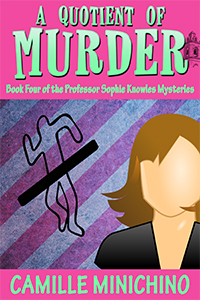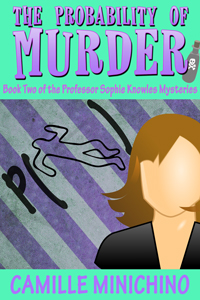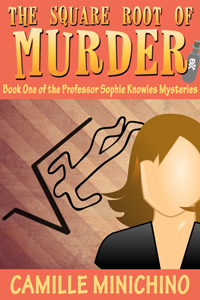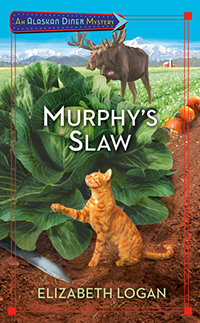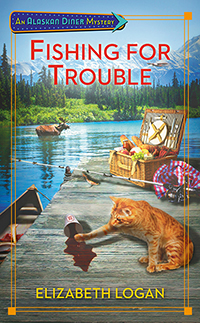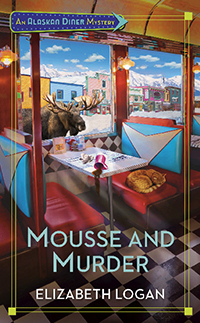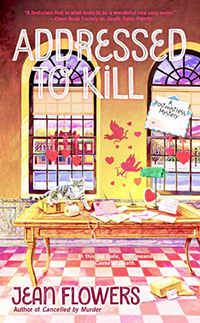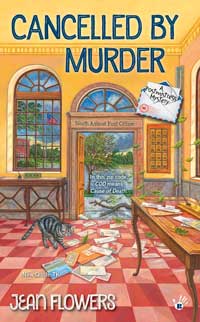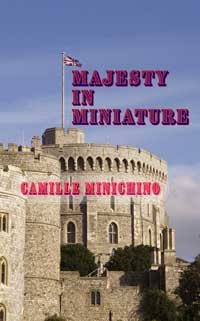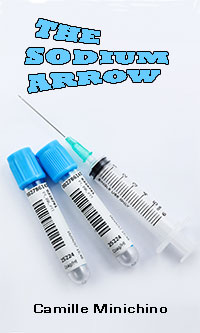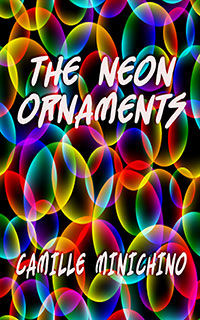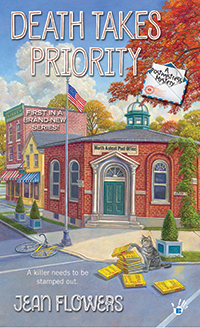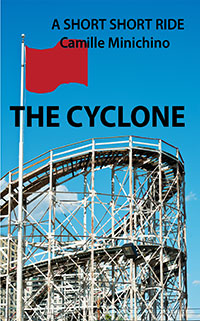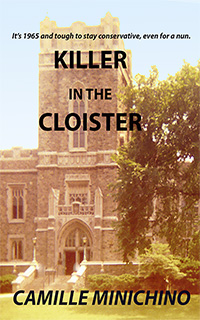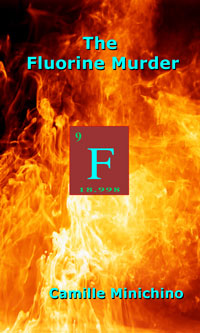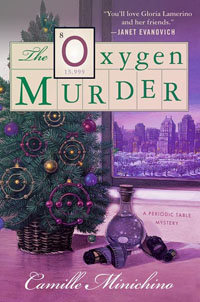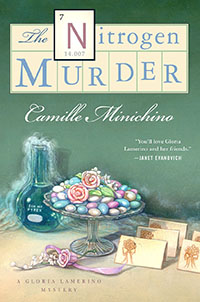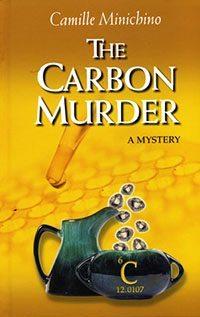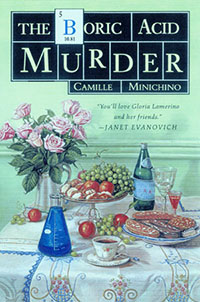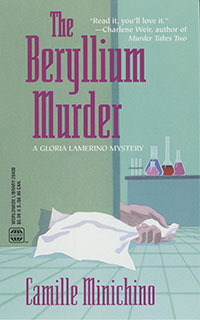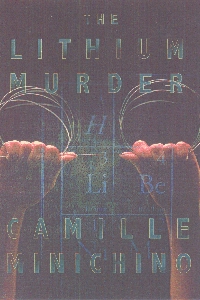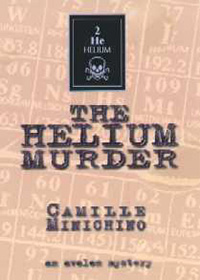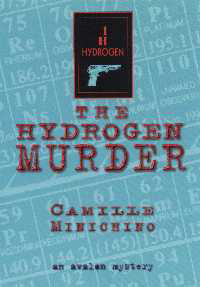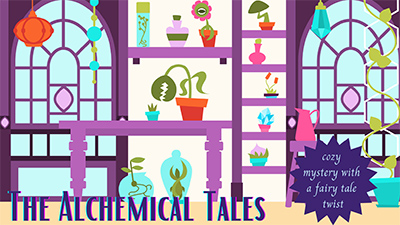
Lucky me, to have a guest poster today!
by Elle Hartford
Elle adores cozy mysteries, fairy tales, and above all, learning new things. As a historian and educator, she believes in the value of stories as a mirror for complicated realities. She currently lives in New Jersey with a grumpy tortoise and a three-legged cat.
Secrets and Treasures For All: What is Alchemy, Really?
From Harry Potter to The Da Vinci Code, alchemical symbols and inventions play a dramatic role in storytelling. I myself write about all the time in my new mystery series! But what is alchemy?
The way I think of it, alchemy is a field where history, science, and magic come together. To put it simply . . .
- It isn’t New Age. The alchemy I’m talking about is what I call “old school” alchemy. Up until the 1400s or so, it was considered a real science. Kings had royal alchemists, and noble sons went into the profession (often looking for ways to expand their family fortune, but we’ll set that aside for now).
- It’s more famous than you might think! Today, some people we remember as important early scientists actually considered themselves alchemists. One example of this is Sir Isaac Newton, who dabbled in alchemy all his life, though he generally kept this hidden because by his time (the 1600s) alchemy was considered questionable.
- It was about the Elixir of Life–for some. Since we’re speaking of famous alchemists, you might be thinking of Albus Dumbledore and his friend Nicolas Flamel . . . who was, in fact, based on a real person. The Philosopher’s Stone was a sort of “unicorn” in alchemical research: everybody wanted one, and there were lots of theories about how to make one. It was rumored that the Stone could do all kinds of things, including grant everlasting life, cure colds, create gems, and–of course–turn anything into gold.
- It was about gold, too. What’s up with that? Well, for a lot of people–including many kings–more gold meant more money, just like you’d expect. But for serious alchemists, it wasn’t about money at all. One of the fundamental tenets of alchemy is that everything in the world can be perfected. And, as ancient alchemists saw it, raw materials like lead or copper were just really imperfect versions of gold, which was the pinnacle of all metals. So in striving to create a stone that could make gold, what alchemists were really trying to do was create a process by which the physical world could be transformed into its “best self,” so to speak.
- It was also about mercury! Honestly, to some alchemists, the element mercury was even better than gold. This is because ancient alchemy was science and world view and religion all rolled into one big philosophy. The four lements–water, fire, air, and earth–which today we think of as mystical were facts of life to the alchemists, and mercury embodied all four. Yes, I’m talking about the stuff that drove hatters mad and that used to be in every thermometer. Have you ever seen it? It’s also called quicksilver because, while it is technically a metal, it is liquid at room temperature. It’s gleaming, silver, and uncanny to watch as it moves around. Some alchemists thought it held the secret to life itself.
- It was a field of research. So, what did alchemists actually do? Well, some of them were charlatans, and they spent a lot of time running confidence schemes and escaping from the law. 🙂 But “scholarly” alchemists spent months on end in their laboratories. Alchemical equipment often included things like kilns, beakers, mortars and pestles, and all kinds of glass containers. Picture the quintessential “mad scientist” set up with a complicated array of pipes and burners and bubbling liquids, and you’re on the money.
- It gave us a lot! Of course, alchemy has given us endless fodder for crazy stories and secret society theories–especially because alchemists tended to write about their science using religious metaphors and complicated symbolism. Because hey, not everyone can be trusted with the secrets of making gold, right? And not everyone can know that we actually can’t make gold . . . oops. It’s true, alchemy never did give us an Elixir of Life or a Philosopher’s Stone. However, it did give us chemistry, and the beginnings of biology and physics as well.
And why, you may wonder, have I done all this research? For one thing, I find it simply fascinating. But it’s also the basis for my cozy mystery sleuth, an “old-school” alchemist named Red. Because who better to help solve mysteries than someone who has tons of random scientific equipment, extensive botanical knowledge, and a dedication to careful observations of fact?
You can read stories about Red and her friends on my website, ellehartford.com. You can also find my blog there, where I share lots of “fun facts” from my research every Friday! And if you sign up for my newsletter, you’ll get a free ebook–The Carousel Capers–which serves as a prequel to my first mystery novel, Beauty and the Alchemist, coming out in August. I can’t wait!
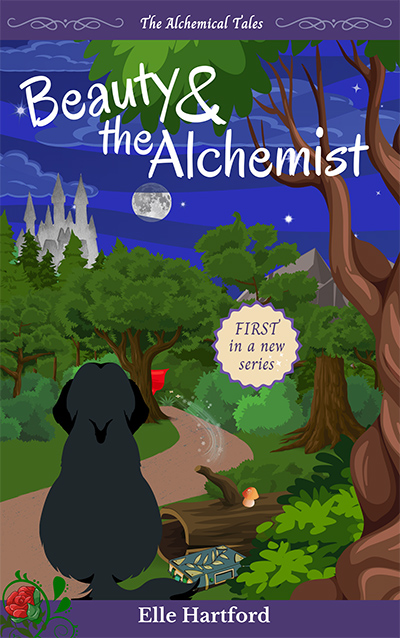
 Filed Under :
Filed Under :  Jun.29,2022
Jun.29,2022

